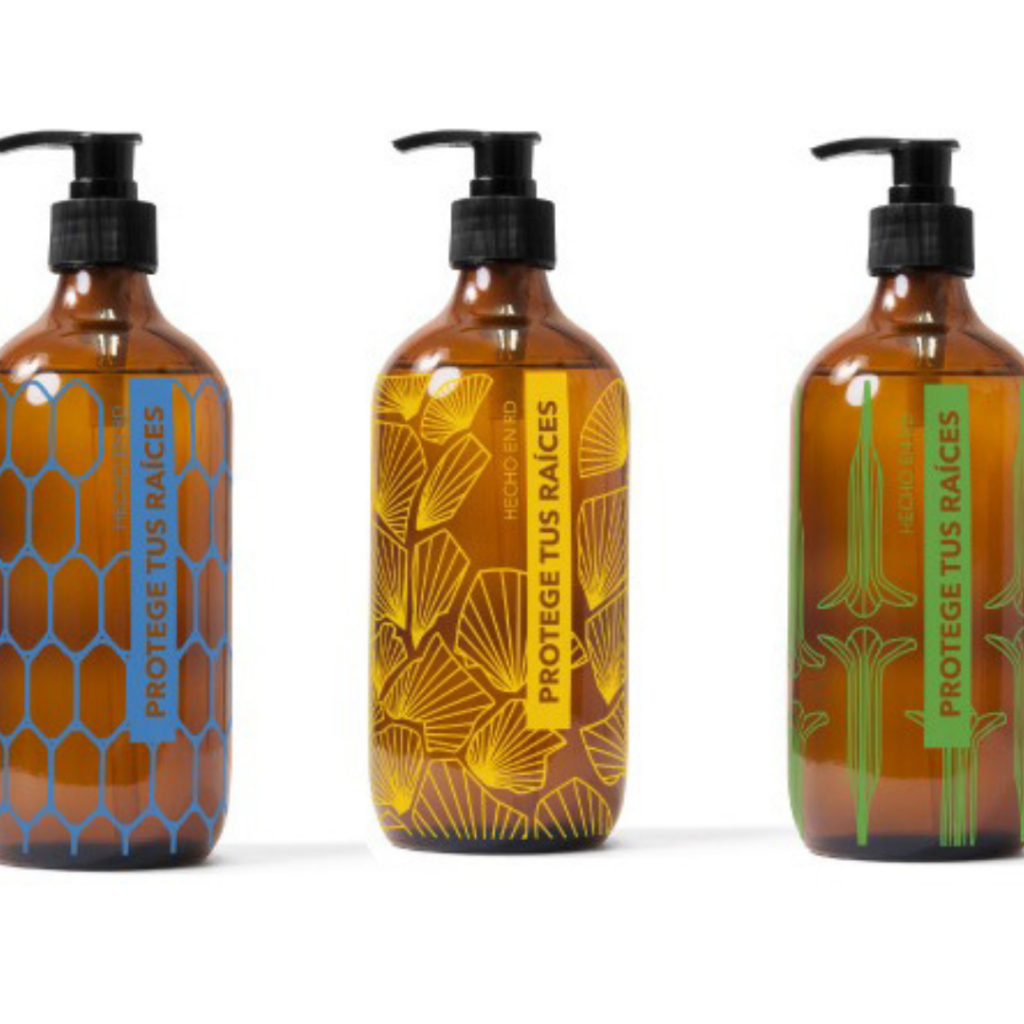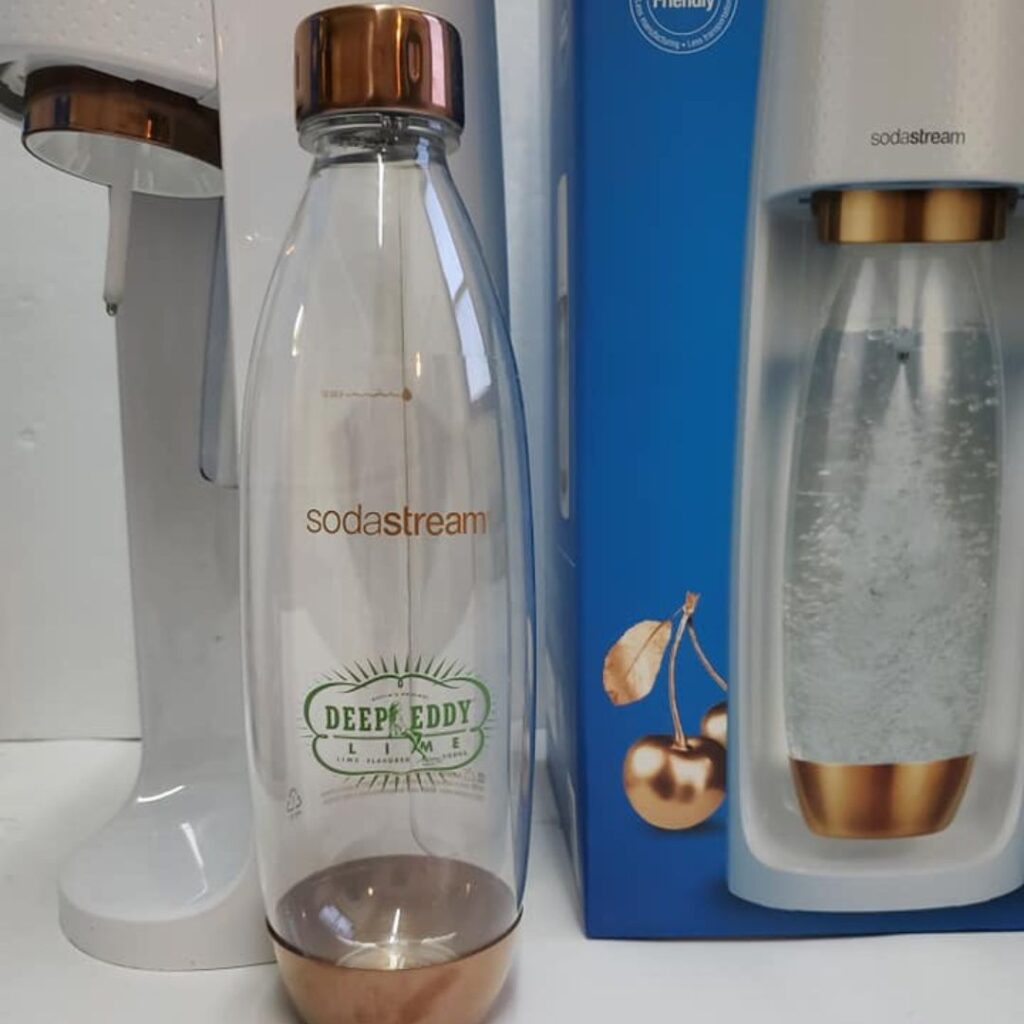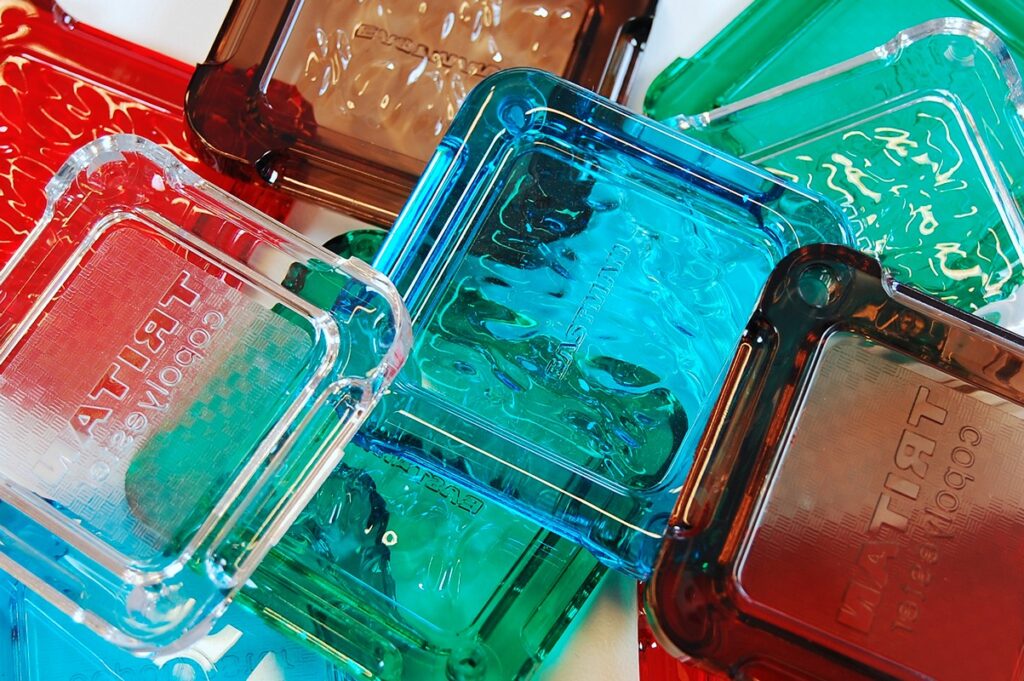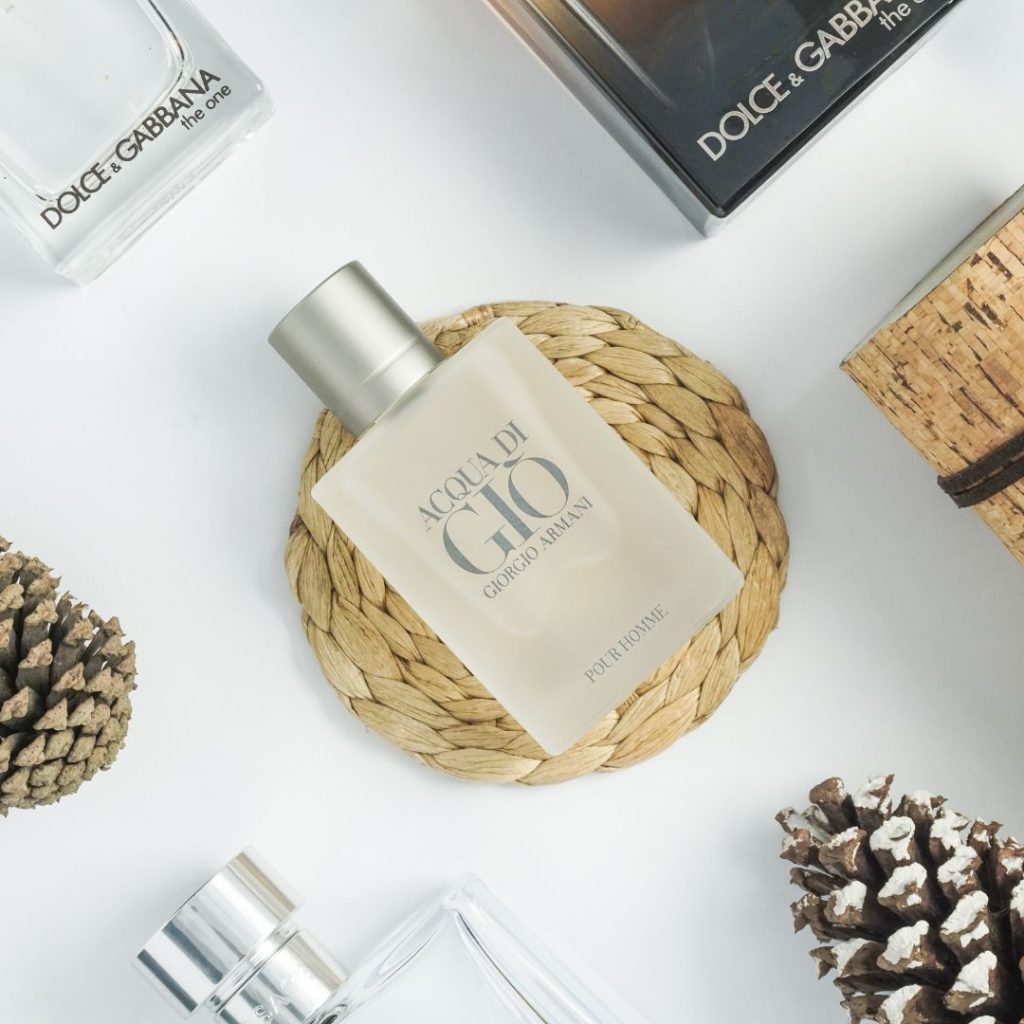Pad printing, screen printing, and inkjet printing are excellent options for marking, decorating, and printing private-label cosmetics. Each of these technologies has its advantages. For example, it is possible to print 360-degree full-color logos with inkjet printing. With cylindrical screen-printing machines, it is possible to print one or two color, 360-degree full-color logos. Pad printing, on the other hand, enables decorators to brand cosmetics with one- or two-color prints. All these printing methods are possible with Boston Industrial Solutions, Inc.’s cosmetic labels printing equipment, supplies, and technologies.


There is much plastic cosmetic packaging cases made with ABS, SAN, rigid PVC, pre-treated polypropylene, polyethylene, polyester, and polycarbonates. The BX Pad printing ink series is an excellent option to print these cosmetics label housings and cases. Additionally, this ink works perfectly on lacquered, varnished, ABS, Metals, Polyacetate (POM), pre-treated Polyethylene (PE), pre-treated Polypropylen (PP), and Polyamide (PA) surfaces. The BX Series is fast-drying, abrasive-resistant, high-gloss, and high-opacity ink. This ink features 23 high-opacity shades, including metallic colors. Any custom color that you can dream of is available within 24 hours upon request. To pad print cosmetic case products you need the M2150 or the M100 pad printing machines. Both machines offer customers the ability to print up to 4” (102mm) images at very competitive prices.

Cosmetic covers is another cosmetics label printing. Inkjet printing or pad printing are excellent for decorating cosmetic lid applications. Materials commonly used to manufacture cosmetic container lids include plastic (PP), wood, and metal. For pad printing on plastic jar covers, the EK ink series is an excellent option. This pad printing ink is excellent not only for standard pad printing applications but also for high-speed pad printing. The EK series is a fast-drying, highly glossy, chemical-resistant pad printing ink. In addition to its high opacity properties, the EK ink series is also class VI certified, meaning it is medical grade. It is also weather-resistant, making it perfect for outdoor applications. For high-speed pad printing, we recommend pairing the M2150C with a carousel. With the M2150C, it is possible to automate the printing application with automatic loading and unloading.
TPR is another cosmetics label printing application. TPE (TPR) consists of both plastic and rubber with both thermoplastic and elastomeric properties. Due to its rubberized, soft touch, and expensive feel, it is becoming popular in the cosmetic packaging, industrial, and promotional industries. Hardgoods made from this material feel expensive. The ST Soft touch ink and the BX ink series are fantastic printing inks to print on these materials. While the BX series is excellent for hard goods, the ST ink series is world-renowned in the apparel industry due to its high opacity. Additionally, many companies screen print with the ST Series on hard-to-print fabrics. This ink has very high opacity and excellent screen stability when paired with our slow screen-printing solvents. Simply put, ST is an excellent textile ink.
Another application of the ST series is printing on emery board. Paired with our 2150LI pad printer, the ST series delivers exceptional prints. This pad printer prints up to 510mm-long images.


Like all the above cosmetics label printing applications, glass cosmetic bottles are excellent for printing with an inkjet, pad printer, or screen-printing machine. The glass cosmetic bottle’s shape and the number of desired colors determine the type of printing equipment to use. For this application of cosmetic bottle printing, we used the MG ink series to pad print. The MG ink series features high opacity and a high gloss finish. This ink series is available in over 30 standard colors, including metallic shades, etch finishes, and any color match you can think of. Coupled with our M100 pad printing machine, this ink delivers stunning graphics. The M100 pad printing machine prints images up to 4” (102mm) in diameter.
For inkjet printing on glass, use G1 UV adhesion promoter to achieve permanent UV inkjet ink adhesion. For the perfect inkjet ink using Ricoh Gen 4 and Gen 5 print heads, use the Natron 270 inkjet ink series or the Natron® 314 UV ink series.